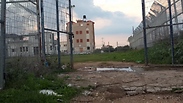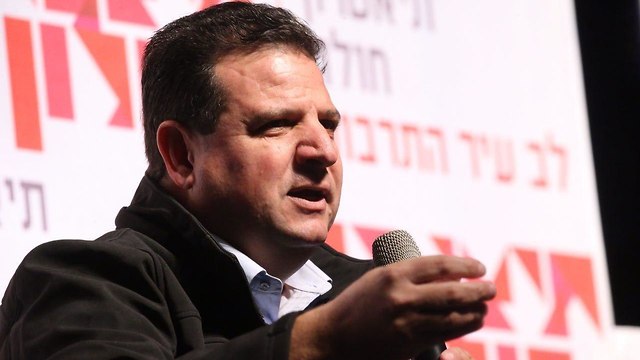
Wanted: A new party for Israel's Arabs
Opinion: The Joint List has little left to offer voters, and anyone wise enough to provide an alternative would be welcomed by the sane voices in the Arab sector, who are just looking for a new party to call home.
The Joint List is proving to be stable in its support, according to the polls, with no real political threat emerging to shake up the status quo. And that is the problem. No doubt we can count on whoever replaces departing Joint List MKs Hanin Zoabi and Jamal Zahalka to be identical to their predecessors.
Over the four past years, the Joint List has made many headlines—most for political controversies, taking steps against the State of Israel and creating provocations every other day. But it has little left to offer its voters, Israel's Arab citizens.
And on election day, Arabs will flock to the ballot boxes while the Joint List puts on a display of concern for them. With tribal solidarity playing a big part, and no other alternative available, it is safe to assume the 21st Knesset will continue to leave the Arab sector far behind.
Many in the Arab community are disgusted by the Joint List, who they feel does not represent them. Ayman Odeh and those associated with him failed to understand that what concerns the Arab population is its internal social issues. The Joint List members are so preoccupied with Gaza and Ramallah, while we are struggling to make ends meet.
Israel's Arab society is drowning in its internal problems—violence, increasing crime rates and illegal possession of firearms, poor infrastructure and neglect, as well as financial gaps between the Arab and Jewish populations, all of which are on the rise.
While Arab families constituted 13 percent of all families in Israel in 2016, they made up 38 percent of the country's poorest families. Our representatives in the Israeli parliament are those responsible for the grave socioeconomic situation in our society. For if they don't look out for us, who will?
Our time has come to recalculate our route. The Joint List has proven that if we let them lead us, we will only be standing still. If we wish to narrow social gaps, build a better future, and enjoy coexistence, we must abandon this party.
The Arab sector desperately needs new political leadership. If certain parties are wise enough to provide an alternative, they would be welcomed by the sane voices in the Arab sector. If those parties took it upon themselves to deal with the issue of minorities in Israel and incorporated Arab representation in the decision-making process, they would earn the votes of the many of us who are just looking for a new party to call home.
Yoseph Haddad is an Arab-Israeli social activist and the CEO of the "Together-Vouch For Each Other" NGO, which works to bring the Arab sector closer to the Israeli society.











